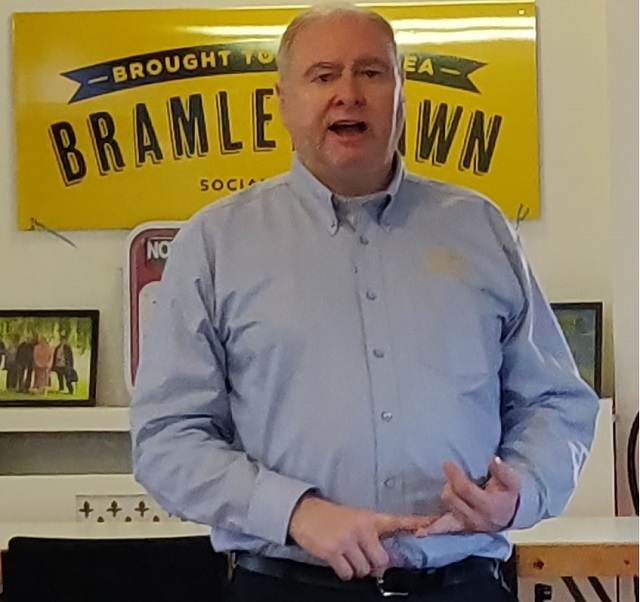By Paul Abraham of www.headingonwards.com
While writing my last article regarding Ben Fogle’s letter/advice to his children I was constantly reminded of the poem “If” by English Nobel laureate Rudyard Kipling (1865–1936), written circa 1895.
Kipling lists a set of conditionals for the speaker’s son to follow in order to become an ideal man. The speaker advises his son about how to perceive the world and life’s challenges so that he can both learn from his experiences and resolutely overcome barriers.
The purpose of the poem is to impart wisdom about how to live up to the ideals of manhood. The speaker lists a number of conditionals, saying that “if” the listener does these things, they will live a fulfilling existence.
Over a century later the advice is still relevant and inspiring, but thankfully now manhood can be changed to personhood (if there is such a word?) and man to person as we now live in a more open and available society for all, but the sentiments of the poem remain the same.
If you can keep your head when all about you
Are losing theirs and blaming it on you,
If you can trust yourself when all men doubt you,
But make allowance for their doubting too;
If you can wait and not be tired by waiting,
Or being lied about, don’t deal in lies,
Or being hated, don’t give way to hating,
And yet don’t look too good, nor talk too wise:
If you can dream—and not make dreams your master;
If you can think—and not make thoughts your aim;
If you can meet with Triumph and Disaster
And treat those two impostors just the same;
If you can bear to hear the truth you’ve spoken
Twisted by knaves to make a trap for fools,
Or watch the things you gave your life to, broken,
And stoop and build ’em up with worn-out tools:
If you can make one heap of all your winnings
And risk it on one turn of pitch-and-toss,
And lose, and start again at your beginnings
And never breathe a word about your loss;
If you can force your heart and nerve and sinew
To serve your turn long after they are gone,
And so hold on when there is nothing in you
Except the Will which says to them: ‘Hold on!’
If you can talk with crowds and keep your virtue,
Or walk with Kings—nor lose the common touch,
If neither foes nor loving friends can hurt you,
If all men count with you, but none too much;
If you can fill the unforgiving minute
With sixty seconds’ worth of distance run,
Yours is the Earth and everything that’s in it,
And—which is more—you’ll be a Man, my son!

